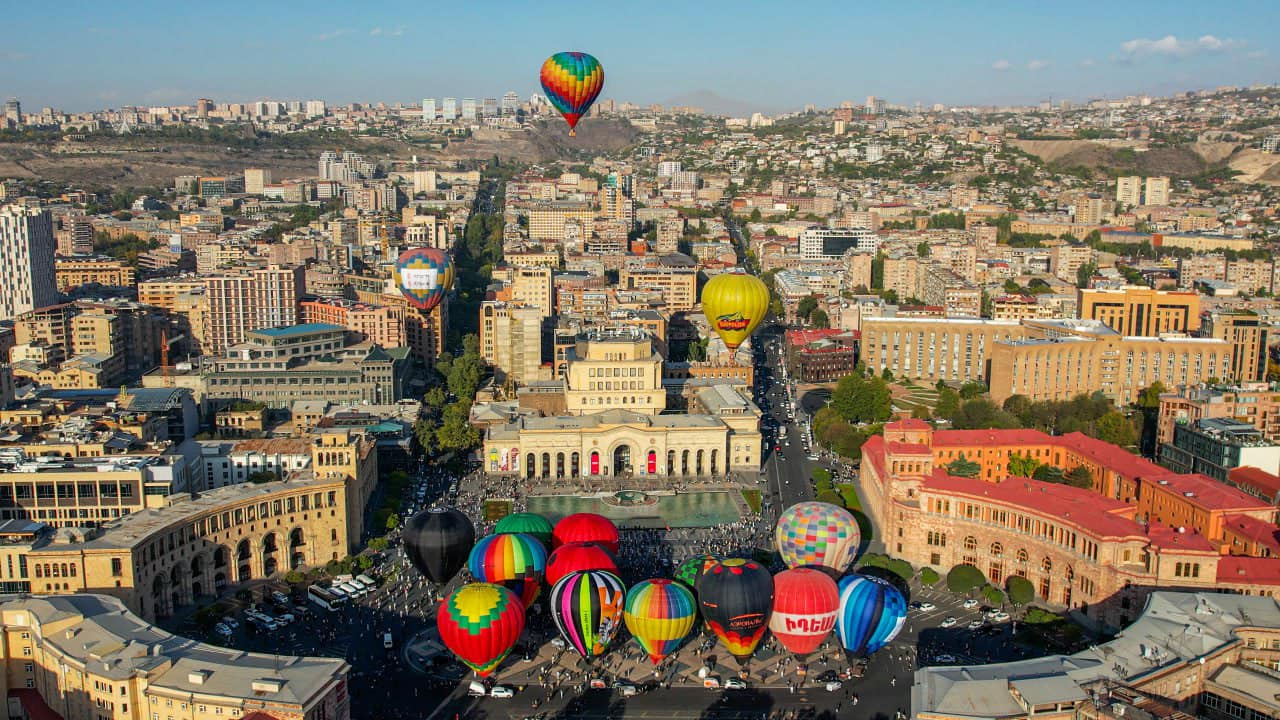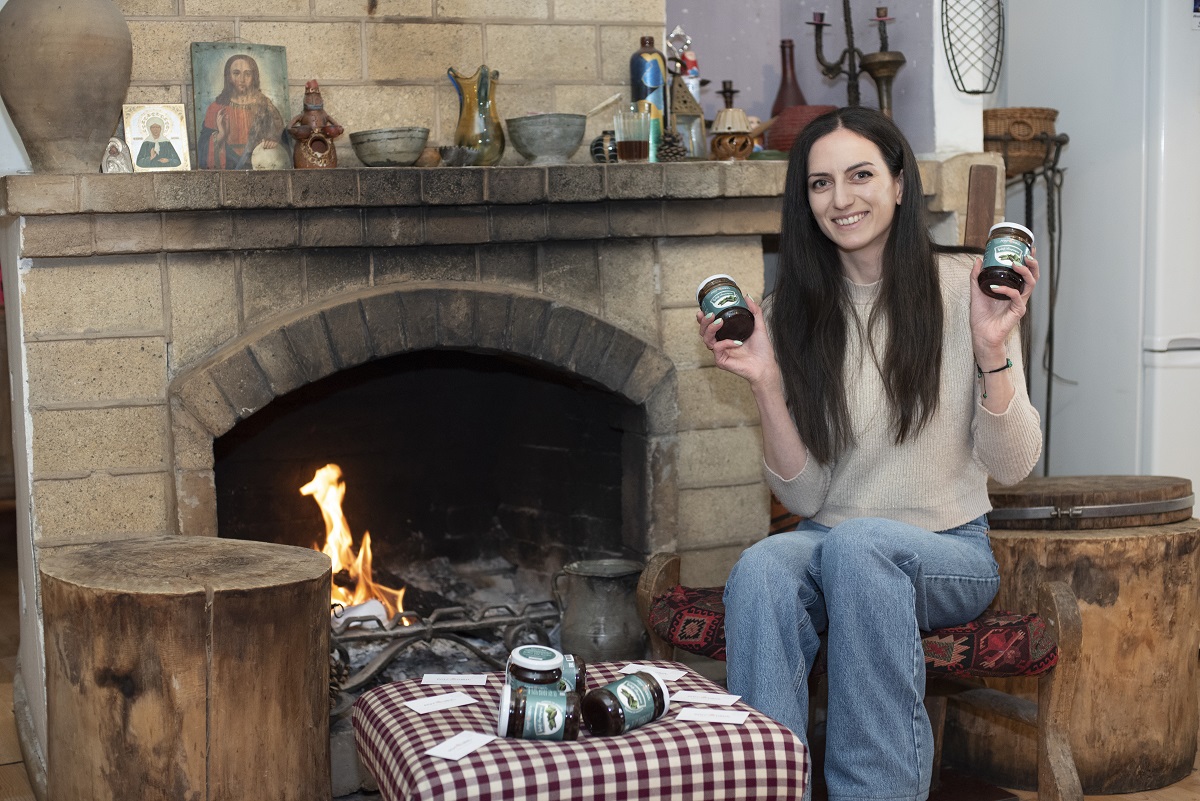€120 million tourism boost: Armenia launches joint project with EBRD
Tourism development in Armenia
Armenia has launched a new programme aimed at developing tourism and regional infrastructure. By the end of 2030, the project will create more visitor-friendly conditions in seven regional communities. The beneficiaries include the towns of Dilijan, Gyumri, Goris, and Jermuk, as well as the villages of Areni, Dvin, and Yeghegis.
The project is funded through a loan agreement with the European Bank for Reconstruction and Development (EBRD).
“The goal is to support seven selected tourism clusters — Areni, Dilijan, Dvin, Gyumri, Jermuk, Goris and Yeghegis. The project will promote the development of ecotourism, as well as wine, resort, adventure and cultural-educational tourism across Armenia,” said Deputy Minister of Economy Arman Khojoyan.
The total value of the project is €120.5 million, of which €24.1 million will be contributed by the Armenian government.
The “Tourism and Regional Infrastructure” programme is being implemented by Armenia’s Territorial Development Fund.
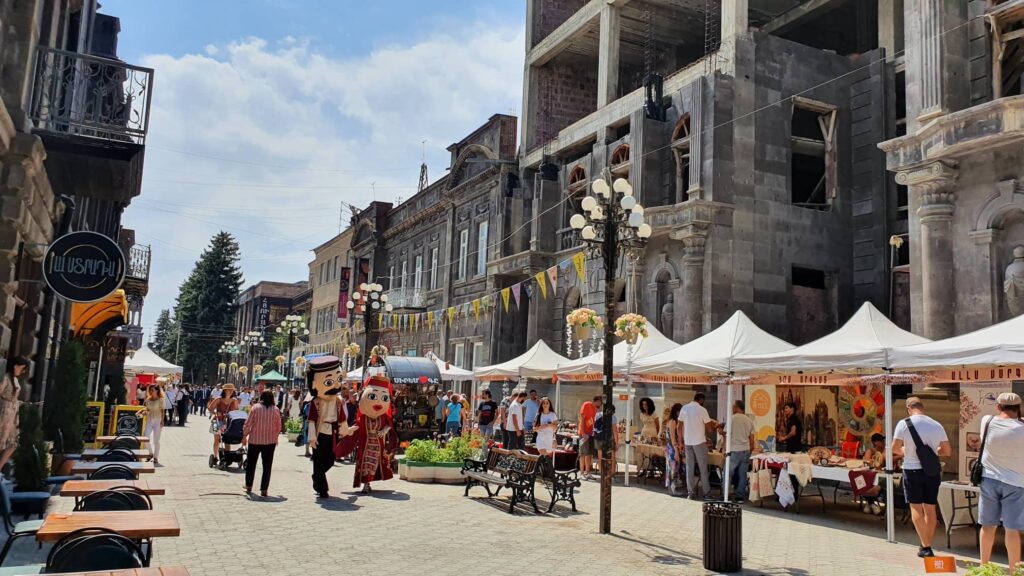
- Fewer tourists in Armenia despite gov’t investments in tourism sector
- Phenomenon of guesthouses in Armenia: competition not in favor of luxury hotels
“The goal is to boost Armenia’s tourism potential”
The programme is designed to enhance the country’s tourism potential. According to the project’s rationale, this will be achieved by developing essential infrastructure and making “soft” investments across several Armenian regions.
“The core of the programme lies in improving connectivity between tourists and these clusters, alongside targeted investments to upgrade tourism infrastructure,” said Deputy Economy Minister Arman Khojoyan.
The programme aims to:
- preserve and protect cultural heritage
- strengthen the business and professional skills of local communities
The benefits will extend not only to hundreds of thousands of tourists, but also to residents of the participating areas.
As Khojoyan explained, locals will also benefit from “upgraded infrastructure and attractive tourism services.”
“In addition, the areas included in the programme will see the creation of new jobs. This is expected to bring significant advantages to local residents — offering them income opportunities and professional growth in the tourism sector,” the project documentation states.
Funds to be invested in tourism-driven communities
According to the deputy minister, the selected locations were chosen based on their unique characteristics. For instance, Areni is known as Armenia’s winemaking hub, Jermuk as a resort town, and Gyumri as a centre of traditional crafts. Dilijan, Goris, Dvin and Yeghegis were also identified as having strong tourism potential.
“In particular, the goal of developing the cluster in Dvin is to attract visitors with an interest in archaeology,” he said.
Areni receives over 500,000 tourists annually, Dilijan around 250,000, and Gyumri more than 100,000.
Programme includes restoration and modernisation of tourism infrastructure and services
Deputy Minister Arman Khojoyan outlined the specific measures planned for each tourism cluster under the programme:
Areni – restoration of roads, improvement of urban mobility, construction of hotels and restaurants, implementation of educational and tourism initiatives, development of hiking trails for trekking enthusiasts, and the creation and restoration of museums and cultural centres.
Gyumri – renovation of the city market, reconstruction of the local history museum, opening a branch of the prestigious École hôtelière de Lausanne hospitality school within the museum building, and establishment of a craft school.
Dilijan – efforts to reduce pollution in the town’s main river, the Aghstev, flood risk mitigation, construction of a cable car, improvement of communications infrastructure, upgrading of streets, and creation of pedestrian tourism zones.
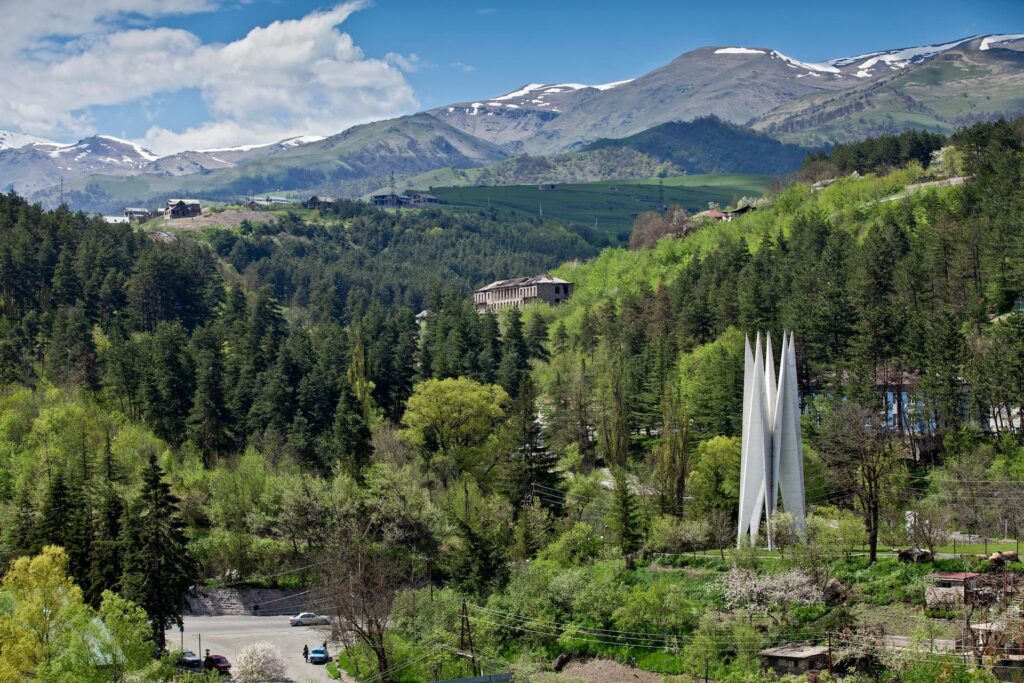
Dvin – restoration of the monuments within the historical Dvin complex, and construction of a museum building that will also house an archaeological research station.
Jermuk – renovation of the mineral water pavilion (buvette), restoration of roads and trails leading to the Jermuk Waterfall, and overall improvement of tourist facilities and comfort.
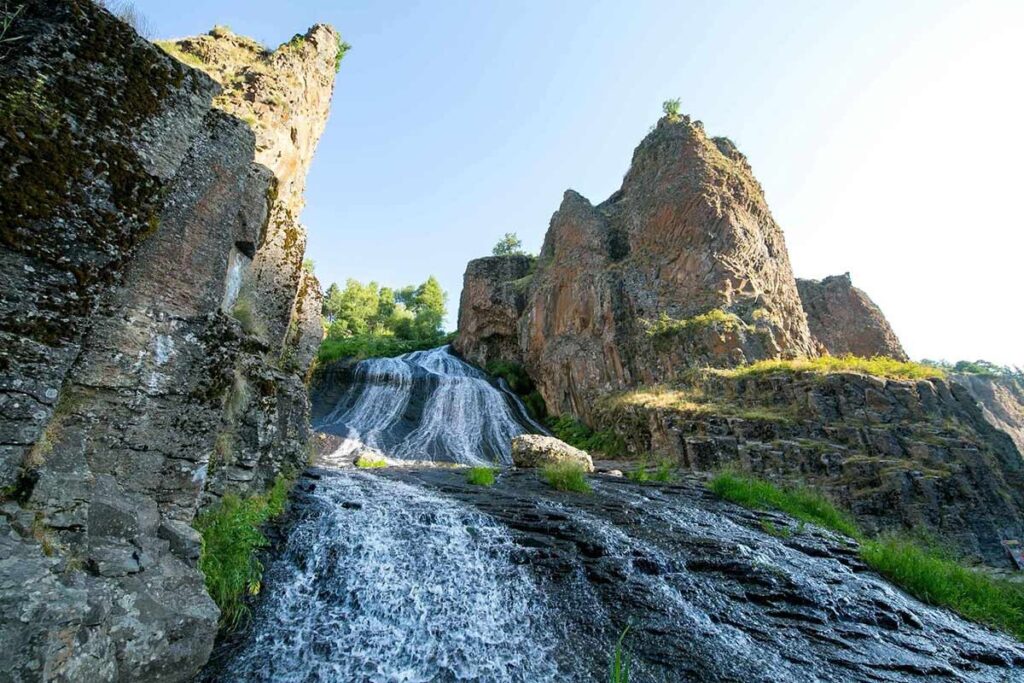
Goris – renovation of the town’s historical and cultural centre, restoration of building façades, and unification of surrounding villages under a single brand featuring themed attractions and walking trails linking the area’s historical and natural landmarks.
Yeghegis – restoration of road infrastructure and support for organisers of cultural events.










